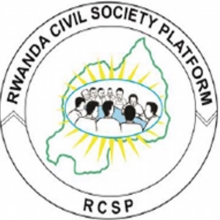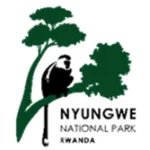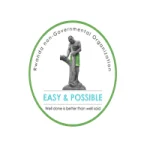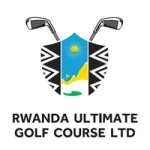Mission: is to represent our members in the processes of facilitating citizen’s participation in sustainanble development efforts throught constructive dialogue, debate and advocacy at the national and international levels.
Website: https://www.rcsprwanda.org
“Enhancing the Participation and Engagement of Non-State Actors for Responsive Governance in Rwanda’ Project
Terms of Reference for Recruitment of a Firm/Consultant for Project End-line Evaluation
Background:
Rwanda’s Vision 2050 stipulates the country’s long-term strategic direction by emphasizing the importance of institutional collaboration and synergies among institutions and all key actors, “in particular, civil society, media sector, and academia will have a key role to play in policy formulation and in advocating for citizen participation in all activities”. Effective, inclusive, and accountable institutions at all levels are key to the achievement of the SDGs and Rwanda’s National Strategy for Transformation -1 (NST-1, 2018-2024).
The Government of Rwanda (GoR) is ranked as the 7th most responsive to change, and 5th in terms of long-term vision globally. Rwanda is also a pioneer for inclusive leadership on the continent, with over 61% female representation in parliament leadership positions. Rwanda’s decentralized government system streamlined through the “Imihigo” (goal/performance setting) framework fosters local leadership participation and accountability. Other channels, initiatives, and mechanisms for citizen participation have been deployed by GoR at the community level, such as “Umuganda” (Community work), “Inteko z’abaturage” (Citizens assemblies), “Umugoroba w’ababyeyi” (Parents’ evening forum), “Inama Njyanama” (Councils), to mention a few.
Despite the legislative and programmatic initiatives designed to empower and ensure the inclusion of the most vulnerable groups, significant challenges remain. Efforts are still needed for effective inclusion of women, youth and Persons with Disabilities (PwDs) in the national development agenda and for increasing their participation in governance and decision-making processes. The proportion of citizen participation is growing but the quality, effectiveness and inclusivity of the participation remains a challenge.
While youth make up the largest proportion of the population, their participation in democratic processes and leadership is also still low. A baseline survey conducted by USAID and Never Again Rwanda shows the rate of youth participation and engagement in decision-making processes set at only 31.7%.
As an apex national non-governmental organization (NGO), Rwanda Civil Society Platform (RCSP) with 14 umbrella members, has consistently aimed to strengthen the capacity of CSOs and contributed to change in various fields. And in line with its Vision to be an effective platform for safeguarding public interest and sustainable development, RCSP strives to strengthen CSOs for promotion of good governance.
Thus, the Rwanda Civil Society Platform in partnership with UNDP Rwanda is implementing a project geared to “Enhancing Participation and Engagement of Non-State Actors for Responsive Governance in Rwanda”. The project has been empowering youths from 8 districts on inclusive and effective participation and citizen engagement. Now that the project touches its final phases, RCSP would like to conduct the end-line evaluation.
Objectives
The end-line evaluation aims to evaluate the project’s effectiveness in enhancing youth civic participation in target locations. Specifically, the evaluation will:
- Evaluate the level of citizens’ awareness and engagement in decision making process compared to baseline information.
- Assess effectiveness of the project interventions and provide actionable recommendations for future strategies and interventions to sustain and scale up youth civic engagement in Rwanda.
Geographical scope:
The assessment will cover the 8 project target districts namely Nyaruguru, Gisagara, Rutsiro, Nyanza, Nyamagabe, Gatsibo, Ngororero and Nyagatare.
Methodology:
The prospective firm/consultant will propose appropriate methodological approaches to achieve the objectives of the assignment.
Expected deliverables
The assignment will submit the following deliverables:
- Inception Report,
- Draft project evaluation report,
- Presentation and final evaluation report with contributions/ feedback from relevant actors.
Time schedule
The assignment is expected to be completed within a maximum of 20 days.
Profile and competencies required
The ideal firm/consultant should possess the following qualifications:
- A Master’s degree or higher in Law, Political Science, social sciences, or a related field.
- Proven experience in conducting endline or baseline assessments or similar research projects.
- Expertise in political science, civic engagement, or related fields.
- Familiar with the work of civil society
- Strong analytical and research skills.
- Excellent communication and report-writing skills.
How to apply
Interested firms/consultants should submit their proposals via email to info@rcsprwanda.org by September 22, 2024, before 5:00 P.M. The submission should include:
- A cover letter
- A curriculum vitae (CV)
- Samples of previous relevant work
- A detailed financial proposal (inclusive of taxes)
RCSP reserves the right to reject any or all proposals received and only the winner will be contacted for further processes.





